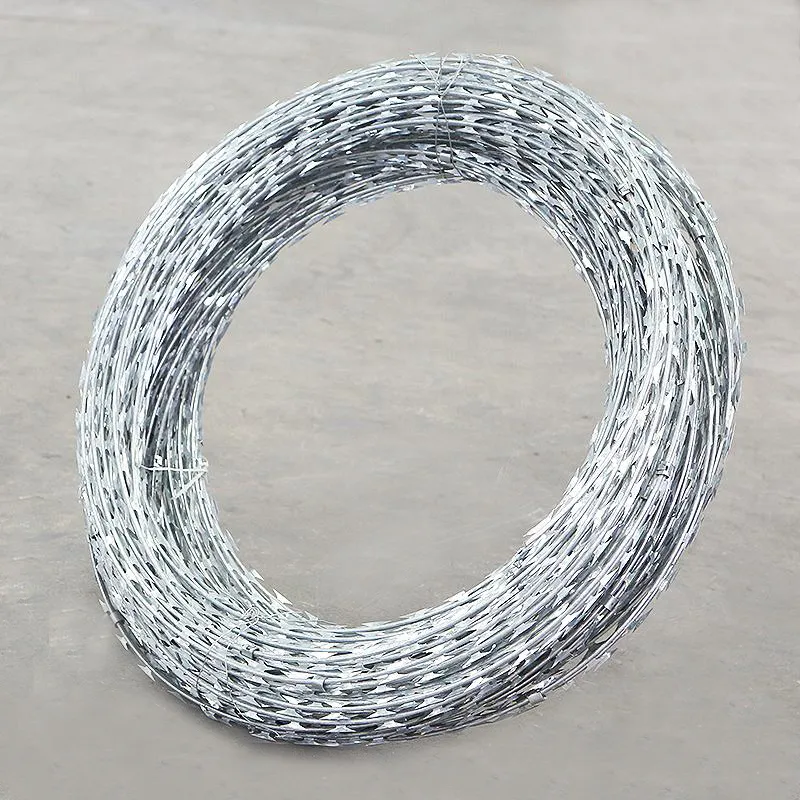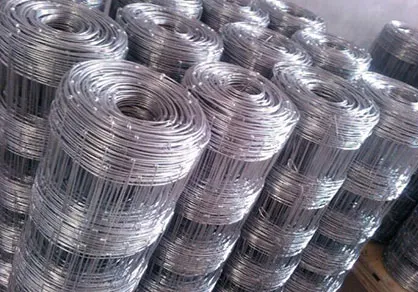

Further differentiation stems from the protective coating many cement board screws have, which offers superior rust resistance compared to their drywall counterparts. This feature is critical in preventing the degradation of screws in moisture-rich environments, protecting the integrity of the installation over time. A characteristic of high-quality cement board screws is their drill bit-like tip, allowing for easier, more efficient penetration, less stress on the tool, and quicker installation compared to standard drywall screws. Gaining expertise in using the right fasteners for cement board involves understanding that each component of your construction project demands specific tools designed for its unique demands. Trusting in screws manufactured for cement board guarantees not only the security of the installation but also showcases a commitment to excellence and professionalism in your work. This attention to detail reinforces trust with clients and upholds the author's commitment to delivering high-quality, reliable construction solutions. An investment in the right materials at the outset pays dividends in reduced maintenance and increased lifespan of your projects. It also solidifies your reputation as a knowledgeable authority in construction best practices. By aligning your choices with these expert insights, the credibility of your work increases, along with client satisfaction. Ultimately, the choice of whether to use drywall screws in cement board should be guided by the principles of durability, material compatibility, and environmental resilience. While drywall screws may serve well in less demanding applications, they falter in the face of cement board's demands. By prioritizing purpose-made fasteners, you're not only securing the project's future but also fortifying your standing as an expert in the field.

















